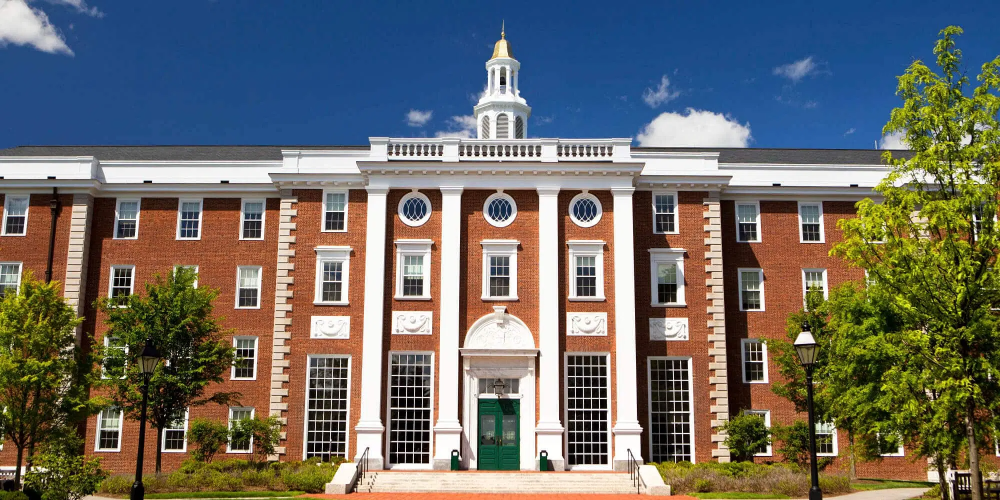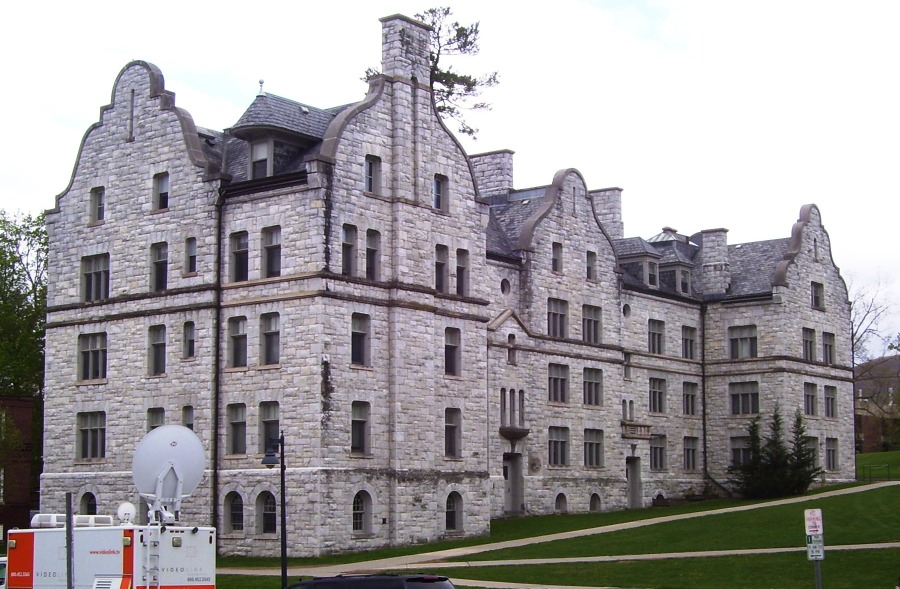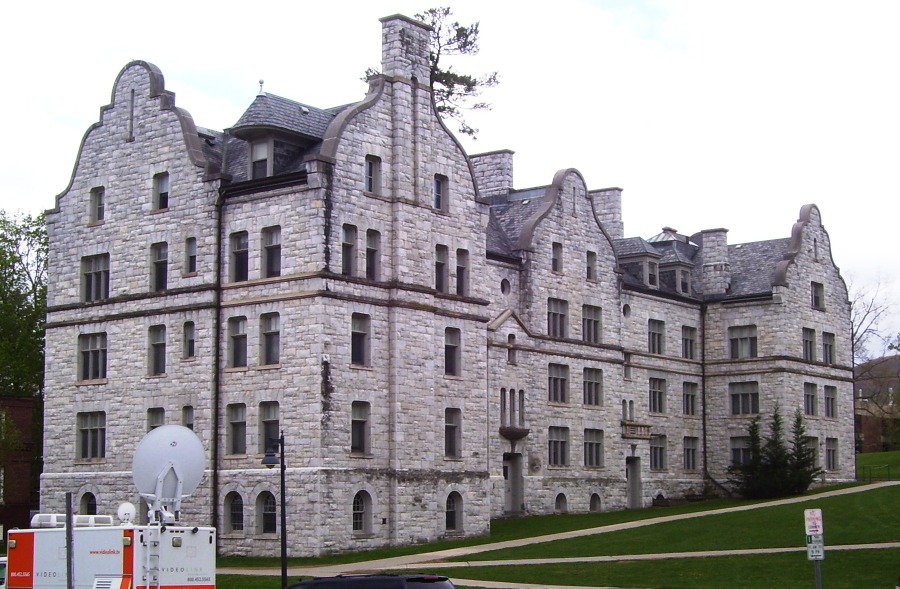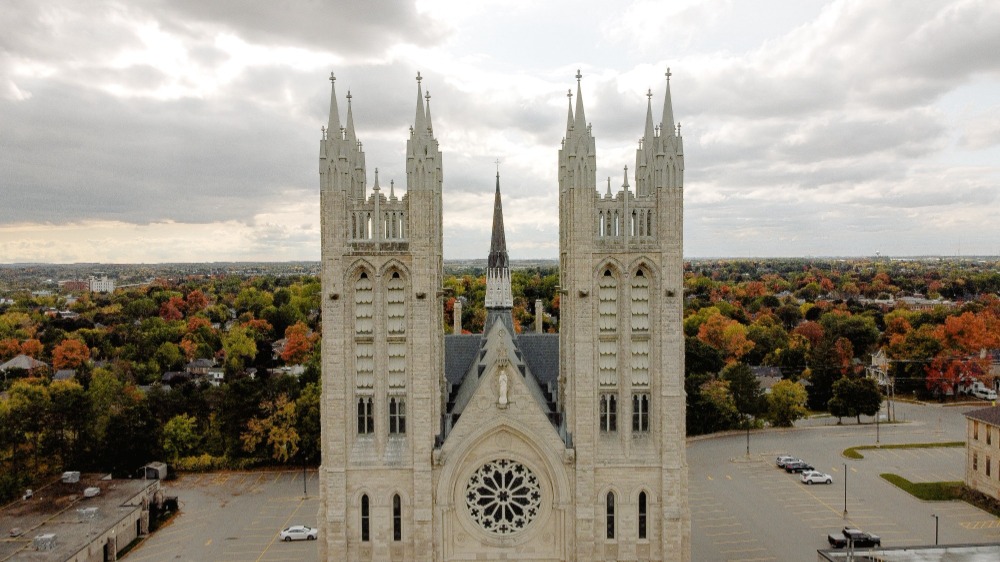There are no items in your cart
Add More
Add More
| Item Details | Price | ||
|---|---|---|---|
What are the different types of colleges and universities in the United States and which one should I choose?

In the United States, there are various types of colleges and universities, each offering different educational experiences and opportunities. Here are the main types:















Sameer Kumar
I graduated from IIT Kharagpur and have been teaching Physics and Maths to Engineering (IIT-JEE) and Medical (NEET) entrance examination aspirants for the last six years.